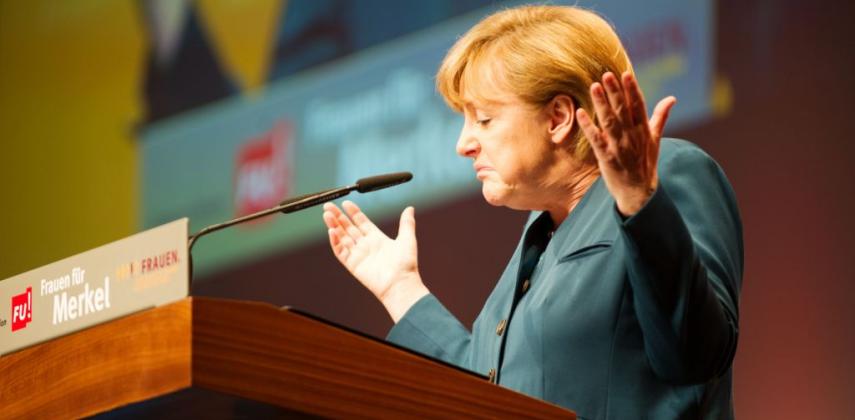BERLIN - German jobless figures may have dropped sharply in recent years, but almost one quarter of workers are now employed in the low-wage sector, said a report Sunday on a new labour market study.
The study, reported in the Spiegel news weekly, was set to fuel election-year debate about inequality and a growing army of “working poor” in Europe’s biggest economy after far-reaching labour market reforms of recent years.
The study by the Hans-Boeckler Foundation, which is close to the labour union movement, said the number of unemployed had fallen by two million from a level of 4.9 million in 2005, but that this had not led to more equality in wages.
The study said that 22.2 per cent of workers -- or between six million and eight million people -- were employed in the low-wage sector in 2010, taking home less than two-thirds of the national average.
Their wages amounted to about €11 (US$14) per hour in western German states and €8.3 in states that were formerly part of communist East Germany, a region which continues to lag economically behind the rest of the country.
“Germany has reached a level of inequality in the past two decades that is highly problematic in social and economic terms,” said Gustav Horn, scientific director of the foundation’s Institute for Macroeconomic and Economic Research.
AFP


